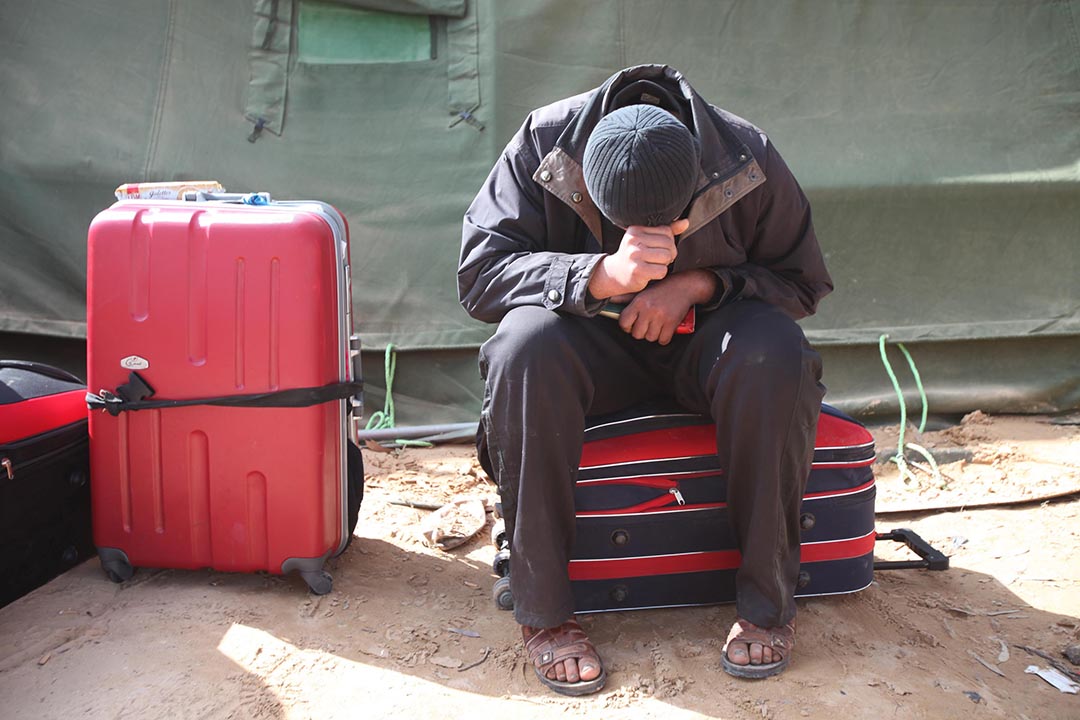
The Illegal Immigration Reform and Immigrant Responsibility Act (IIRIRA) and the Personal Responsibility and Work Opportunity Reconciliation Act (PRWORA)
The IIRIRA made it easier for immigrants to be deported while the PRWORA made many immigrants ineligible for certain public benefits. Passage of these acts reflected mounting concern about the public costs of illegal immigration and the social and economic effects of immigration in general.
The IIRIRA made it easier to deport immigrants by broadening the categories of crimes that qualified for deportation and eliminating formal hearings from the removal procedure. The act also increased the number of border patrol agents and called for the construction of fences along heavily trafficked areas of the US – Mexico border.
The PROWORA cut legal permanent residents’ eligibility for many public benefits including food stamps, Supplemental Security Income (SSI), Temporary Assistance for Needy Families (TANF), and Medicaid, although states retained the authority to determine eligibility for these latter two benefits plus the Social Security Block Grant. Three classes of immigrants were specifically exempted and could not be denied benefits: these included refugees and asylees; lawful permanent residents who had worked in the United States for 10 years; and veterans and active military personnel or their spouses and dependent children. Immigrants who entered the country after the law went into effect and received permanent residency status had to wait five years after gaining such status before they could apply for public benefits.

